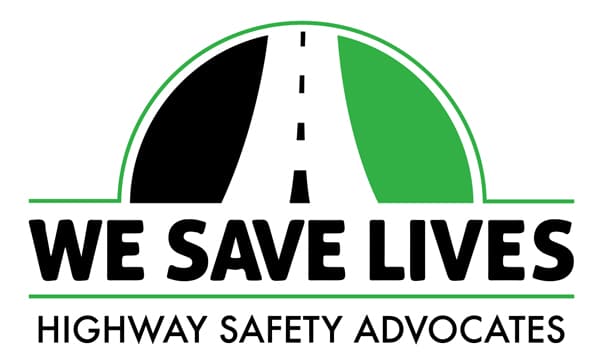
Thick, black smoke obscured a semi one inky night in July of 2012. A truck with mechanical problems crawled on the freeway. Neither my husband Derek nor his boss, the driver, saw the truck before drilling into the back of it. Nearly every bone in Derek’s face and eye sockets shattered. He broke his femur in two places, broke his kneecap, and shattered the top of his tibia. Derek and his boss were both life-flighted to the University of Utah.
It took many extensive surgeries over the course of a month to piece Derek back together, and it would require many more surgeries over the next several years. After he was discharged from the hospital that first time, he required round the clock care. We only left the house for doctor’s appointments and physical therapy. Life was a blur of complications, reconstructive surgeries, and pain.
Three Things Crucial to His Recovery
Sound familiar? Most of you have experienced devastating injuries too. If you’re wondering whether or not life can improve, know that it can. Your body and mind are capable of great healing when you provide the right nutrition and stimuli. This includes healthy physical and mental habits. So what advice would Derek give to someone struggling to get back to normal after bad injuries? He mentioned three things crucial to his recovery.
- Patience. Once when he was at rehab relearning how to walk, he insisted that his therapists hook him up to the treadmill that suspends athletes so they can practice running at high speeds. The therapists humored him and let him try. Unsurprisingly, he was unable to run. The moral of the story is that you can’t run before you can walk. Healing has a natural progression. There aren’t any shortcuts. You have to walk before you can run. Have patience with yourself. Derek said, “Just because you feel like the person you were is gone, doesn’t mean it’s the truth. You’re still who you were. Even if you can’t do the things you used to, it’s possible to get back to doing the things you love.” Take advantage of the power of “yet.” You can’t do some of the things you used to–yet–and that’s okay.
- Progress. At first, Derek couldn’t sit up without hurting. He’d practice sitting on an incline, and worked towards sitting up at 90 degrees. Eventually he could sit upright for an hour. Then several hours. Tiny successes add up to huge gains over time. As long as you’re moving in the right direction, you’re succeeding. They say “The journey of a thousand miles begins with a single step.” Commit to progress and improvement. Celebrate your wins, no matter how small.
- Persistence. The most frustrating thing for Derek about recovery was the setbacks. Whether it was surgery or crashing after activity, he felt like he had to start over from square one every time things were going well. You’ll have setbacks. Sometimes it’ll feel like you’re taking two steps forward, and one step back. You really only have two choices: you can work to improve (even if it’s only the tiniest amount), or you can get worse. We know that you’re tired. We know that you’re frustrated. But things can only get better if you don’t give up. The journey back to health is long. It isn’t easy, but it is simple. Keep fighting. Keep going. Be stubborn. Don’t give up. Take a moment to write down why you want to get better. Maybe it’s for your family. Maybe you have dreams you want to pursue. Write down what you want, and why you want it. It’s easier to fight for something when you have a compelling why.
Derek’s recovery has been a constant battle. When he first started trying to regain his health, we didn’t even know what was possible–neither did the doctors. Since then, he has reclaimed his life during recovery by returning to work full-time as an electrical engineer, participating in family and social gatherings, and resuming an active lifestyle. Two of our greatest triumphs are our 7 mile hike in Bryce Canyon and the 50 miles we e-biked in a single day. Derek is still working to improve his health, and hopes to be able to return to running soon.
If you’d like to learn more about Derek’s accident and his journey you can read our story. If you’re interested in learning the health, fitness, and pain management principles that we used to get him where he is today, you can follow me on Instagram at valeriedircks where I have started posting weekly tips. There is hope to return to the things you love. There’s hope for a normal life. Derek is living proof of that. Have patience. Celebrate your wins. And don’t give up.
We thank Valerie for sharing her husband’s story with us and welcome both of them as members of the Crash Support Network.
This article is also featured in our 2022 Spring Issue of Sharing our Recovery





